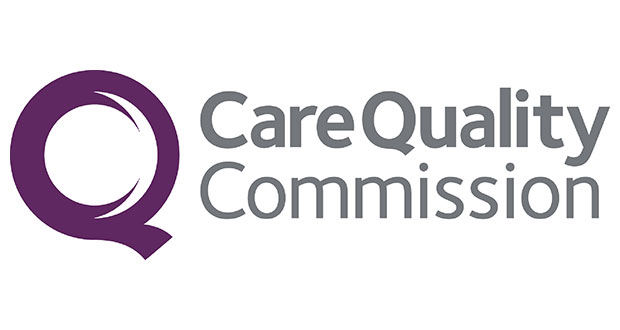CQC Publishes Review Of How Local Health And Social Care Systems Work Together In Liverpool
 The Care Quality Commission has published its findings following a local system review of Liverpool. This report is one of 20 targeted reviews of local authority areas looking specifically at how people move through the health and social care system, with a focus on how services work together.
The Care Quality Commission has published its findings following a local system review of Liverpool. This report is one of 20 targeted reviews of local authority areas looking specifically at how people move through the health and social care system, with a focus on how services work together.
The reviews look at how hospitals, community health services, GP practices, care homes and homecare agencies work together to provide seamless care for older people living in a local area.
The report found that there was a clear strategic direction for health and social care in Liverpool, focused on the needs of people living in the city, and described in the One Liverpool strategy.
However, the experiences of people using health and social care services varied. People were not always seen in the right place, at the right time by the right person; there were inconsistencies in commissioning and provision of services.
Local people were not actively enabled to participate in service planning and delivery, and a comprehensive public engagement strategy was needed to facilitate meaningful public involvement in shaping the future direction of the city. In addition, people using services and their carers were not always supported to take control in making decisions about their care, although they were keen to do so.
Liverpool had faced significant financial and system leadership challenges in recent years and this had been a barrier to effective integrated working. While CQC found that relationships were improving, between the health and social care sectors, these should continue to be strengthened, and joint approaches embedded to ensure that outcomes for older people are improved.
A neighbourhood model had been developed to bring together primary, community, mental health and social care services, but this model was not being implemented with a clear and consistent approach. For example GPs were not always participating in multidisciplinary meetings, which meant that older people in Liverpool were not always benefitting from integrated working in the same way.
The Liverpool health and social care system was making good progress in relation to technology and shared records, with universal use of the NHS number and considerable investment in shared records systems. Efforts had also been made to digitise domiciliary care, which although a positive step, had a negative impact for community health and social care teams who did not have compatible mobile technology.
Professor Steve Field, Chief Inspector of Primary Care Services, said:
“Although many older people experience the highest standards of care and support as they move between services in Liverpool, too often this does not happen. For the system to make progress its shared vision for One Liverpool needs to be taken forward in a jointly-owned operational plan involving all system stakeholders – including independent providers, voluntary sector organisations and people who use services and their carers.
“There also needs to be a consistent approach to the neighbourhood model, as our review team found inequity in services available and importantly in the engagement of GP providers with this approach.
“System leaders should work with providers to shape the care market, recognising independent providers and the Voluntary Community and Social Enterprise Sector organisations as partners. The quality of residential and nursing care in the city is poor and must improve. We will continue to work with the local authority, NHS commissioners and the providers themselves to ensure that people get the standard of services they are entitled to expect.”






